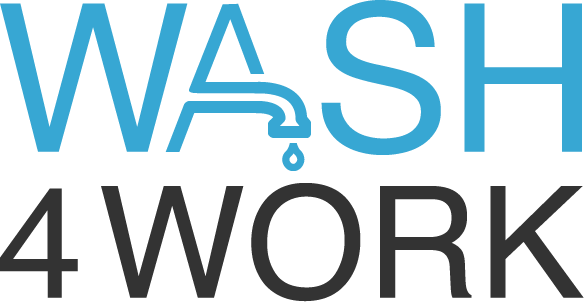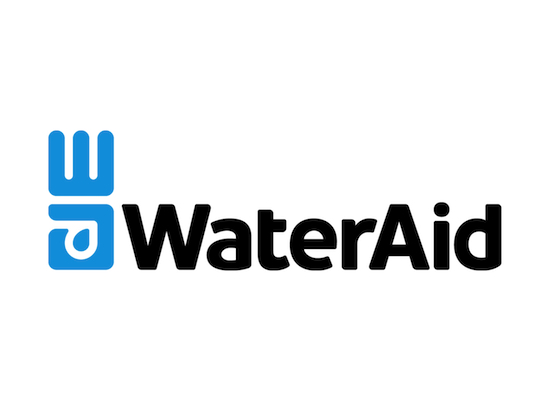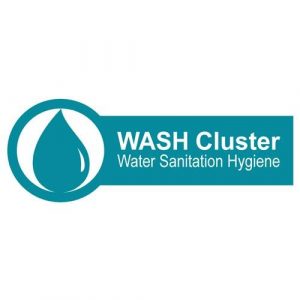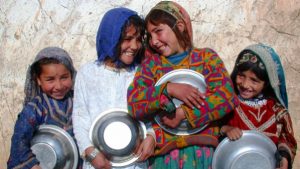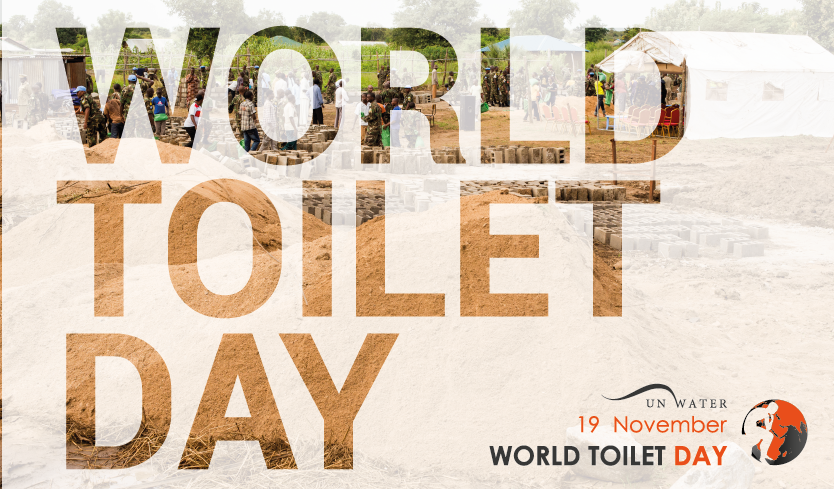Primary Functions
- Understand how the climate crisis is a water crisis that the world’s poorest are living with right now and why the time to take action is now.
Detailed Description
The need for sustainable safely managed water and sanitation services couldn’t be more urgent as threats – such as rapid and unregulated urbanisation, pollution, over-extraction of water for industrial use, and changing agricultural practices – escalate rapidly into crises, with almost 90% of all natural disasters being water-related.
Climate change is accelerating these threats as weather patterns become more unpredictable: how much, how often, and how intensively it rains, and the frequency and severity of extreme events. The more global heating we lock in through inaction, the more the impacts will be felt through our water systems. That is why strengthening access to clean water is a first line of defence against climate change.
The impacts are being felt across the globe today, exacerbating pressure on already stretched water supplies, whether you live in bustling Cape Town or the slums of Chennai. In 2018, Mozambique was hit by unprecedented droughts that caused severe water shortages in the capital city. A year later, the same country was hit by two cyclones and flash flooding that stretched across the country. Both these events are increasingly regular occurrences, threatening already weak water and sanitation governance and service supply systems.
Without urgent action, the amount it will cost for developing countries to adapt to the impacts of climate change that are already happening is expected to soar. Just bringing safely managed water and toilets to low and middle-income countries is predicted to cost $198 billion a year. Climate change will push this cost higher, with a further $103 billion required for flood protection. Providing safe water for an entire population, in the face of climate change is too big a challenge for developing countries to face alone.
The countries in which WaterAid works in are on the frontline of climate change right now. Every day, we see how the impacts of actions taken – or not taken – by those with the power to bring about change, play out as daily realities for some of the poorest people on the planet.
